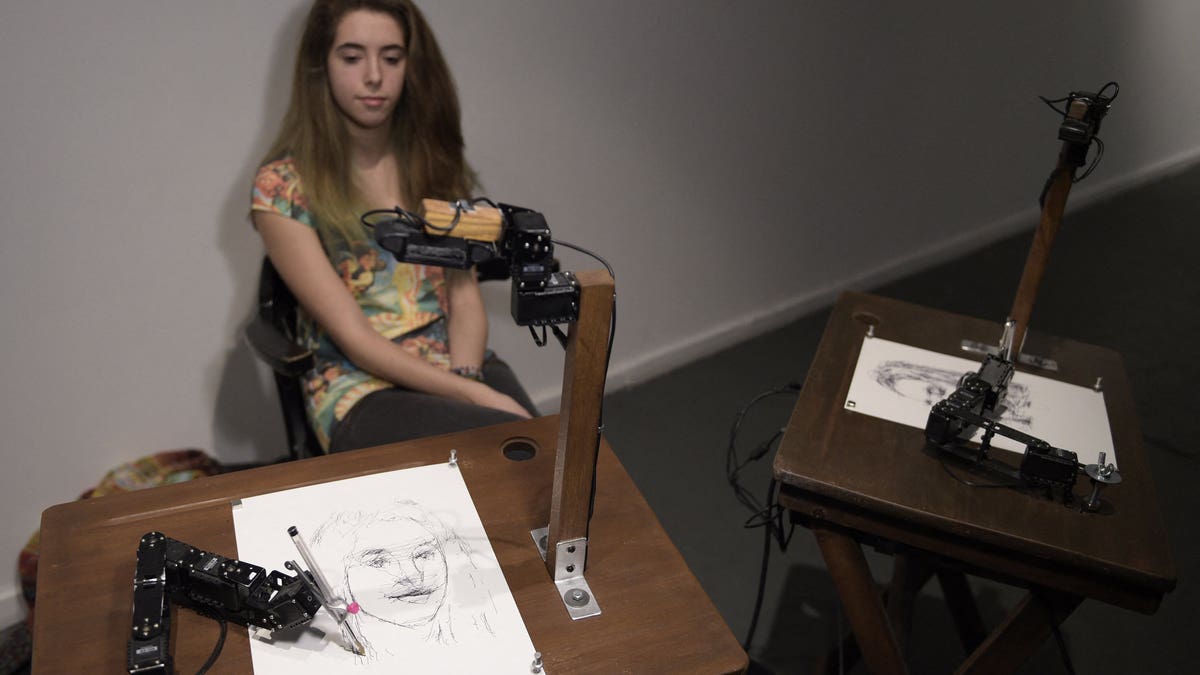Artificial intelligence (AI) presents both opportunities and challenges for Latin America. While it has the potential to improve quality of life, it also risks widening the existing technological gap in the region. Access to AI technology and the ability to harness its power varies significantly across Latin American countries.
Some countries are embracing AI innovation. For example, a Mexican media company introduced an AI news anchor, and Brazil boasts a high adoption rate of AI-powered technology, primarily for analyzing consumer behavior and market trends. Other nations are taking a more cautious approach, grappling with the ethical implications and limited access to necessary infrastructure.

Limited internet access remains a barrier for many in the region. Coupled with lower investment in AI development compared to acquisition from other countries, this disparity creates a complex landscape for AI's integration.

Experts emphasize the need for responsible implementation of AI, focusing on ethical considerations alongside technological advancements. The varying levels of understanding and acceptance of AI across the region underscore the importance of addressing these concerns. While some universities are encouraging the use of tools like ChatGPT, others have opted to ban them, reflecting a cautious approach that could inadvertently widen the skills gap.

Bridging the technological divide requires a multi-faceted approach, including increased investment in AI development, improved access to broadband internet, and education focused on both the technical and ethical aspects of AI. This will empower Latin American countries to harness AI's potential for positive change while mitigating the risks of exacerbating existing inequalities.
Comments(0)
Top Comments